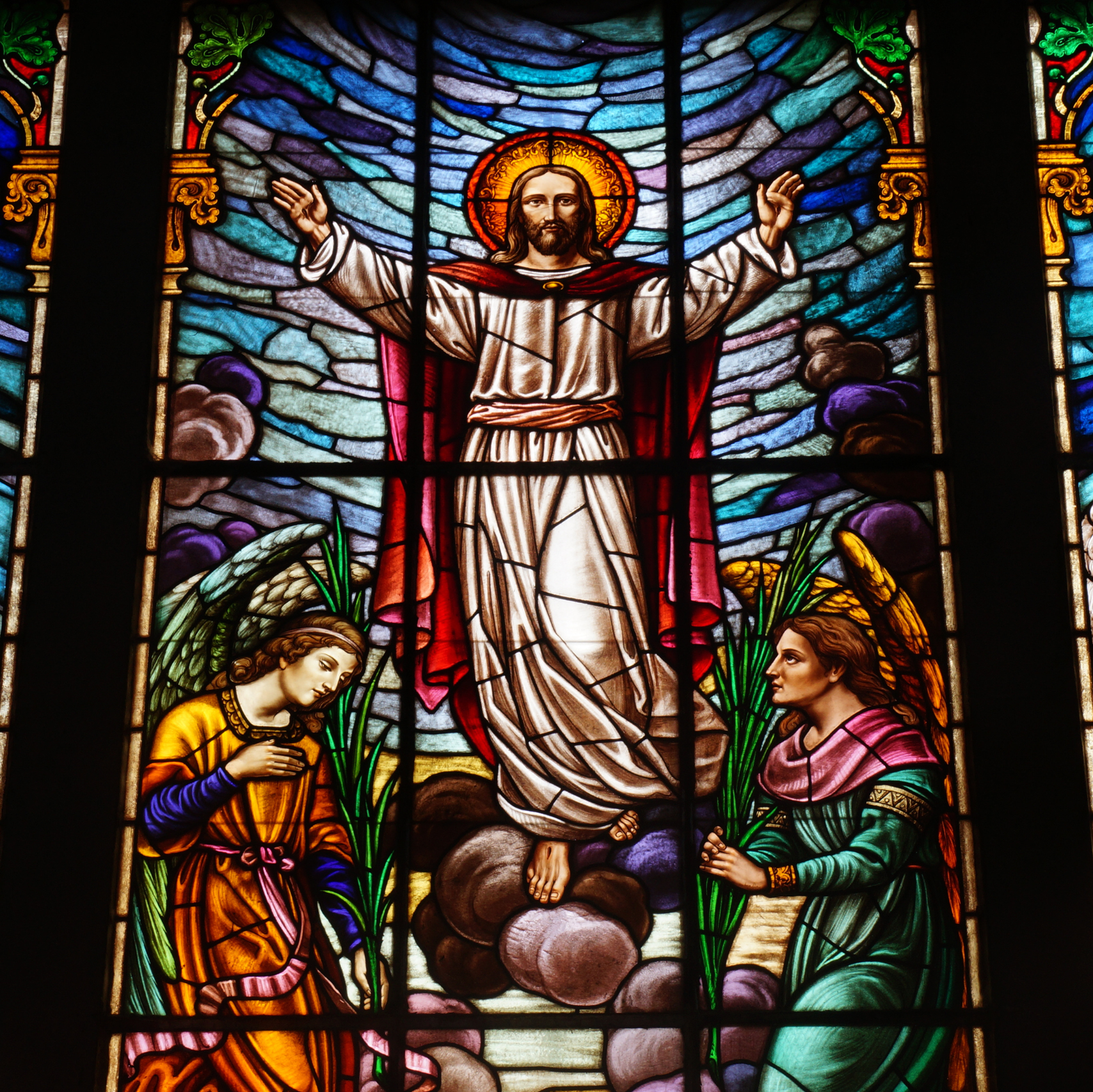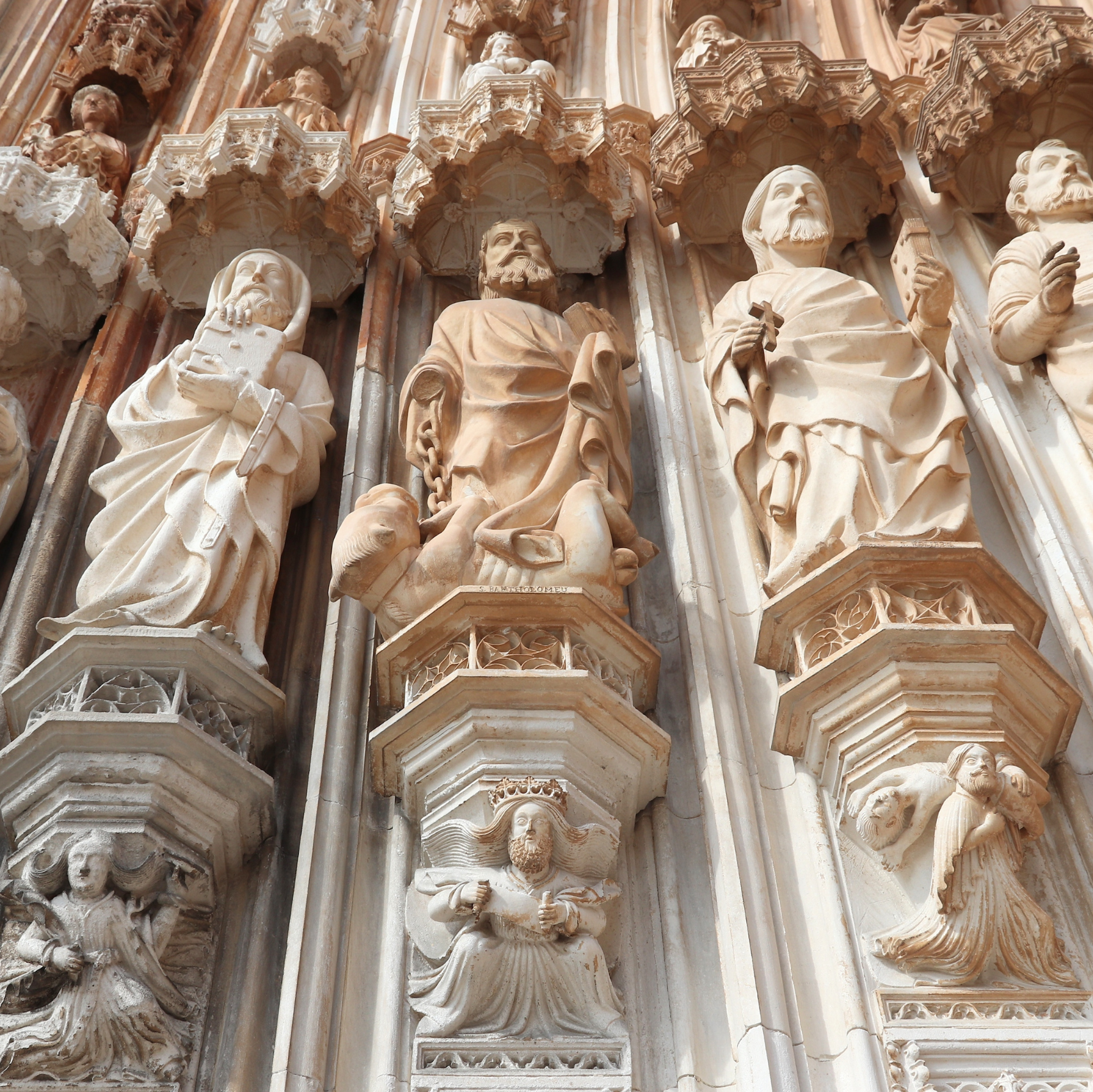The Spiritual Stadiums of Our Time: How Sports Reveal Our Inner Lives
There's a moment in sports—whether you're watching from the stands or running on the field—when time seems to stop. The crowd noise fades. Self-consciousness evaporates. Something transcendent occurs. As I've observed in my wanderings through American communities and institutions over the years, these moments happen far more often in our stadiums than in our sanctuaries.
The Cathedral of Sport
I've been thinking about this intersection of spirituality and athletics while watching the journey of three remarkable young women—my daughters. Their soccer odysseys have revealed something profound about our cultural moment and the hidden pathways to character formation that persist even as traditional religious education struggles to connect with young Americans.
Our society has undergone a great migration. As church attendance has declined, stadium attendance has soared. The spiritual geography of America has shifted. Our cathedrals now have scoreboards.
Coaches’ Spiritual Sports Playbook
Bring faith to the field. Download this playbook for Catholic coaches to find practical prompts, prayers, and reflections that build character and Catholic identity.

This isn't merely metaphorical. Michael Novak observed in his work that sports "flow outward into action from a deep natural impulse that is radically religious: an impulse of freedom, respect for ritual limits, a zest for symbolic meaning, and a longing for perfection." When 80,000 people stand together, chanting in unison, experiencing collective effervescence during moments of transcendent athletic achievement, something quasi-religious is occurring.
The uniforms are vestments. The seasons form a liturgical calendar. The rituals—the national anthem, the seventh-inning stretch, the alma mater—create communal identity and continuity across generations. These aren't mere games; they're moral narratives enacted in public.
Three Sisters, Three Spiritual Journeys
My daughters' stories illuminate different dimensions of athletic spirituality.
Spiritual Wisdom
The oldest learned life's most essential spiritual truths through injury—mortality, the limits of control, the importance of presence, and the flexibility of identity. Her concussions ended her soccer career prematurely, but they opened a window into spiritual wisdom rarely accessible to teenagers who think themselves invincible.
Powerful Mentorship
Our middle daughter discovered the power of mentorship. Her coach became what Celtic Christians would call an anam cara—a soul friend. Through his guidance, she learned the value of something greater than herself, the discipline of daily practice, and the concept of vocation—playing her unique game within the larger context of the team.
Transformative Suffering
Our youngest experienced suffering as transformation. Her torn ACL before college forced a confrontation with life's unfairness and the spiritual discipline of patience. Through rehabilitation, she embodied what the apostle Paul described: suffering producing endurance, endurance producing character, and character producing hope.
I'm struck by how these athletic experiences mirror the stages of spiritual formation in classical religious traditions. The girls experienced, through sport, what monastic practitioners have known for centuries: we fall down and get up. We need guides. We transcend ourselves through discipline and suffering.
The Flow State as Spiritual Experience
The psychologist Mihaly Csikszentmihalyi studied what athletes call "the zone" or what he termed "flow." This mental state—where challenge and skill perfectly align, where time distorts, where self-consciousness vanishes—bears striking resemblance to what mystics describe as union with the divine.
Modern Americans may be spiritually illiterate in traditional religious language, but they recognize this state. They chase it through athletics. In a society increasingly disconnected from traditional religious practice, the flow experience in sports offers a rare taste of transcendence.
When Brett Favre reflected on his football career, he didn't focus on triumphs but rather on moments of struggle: "The funny thing is, it's not only about the touchdowns and the big victories... those times when I've been down, when I've been kicked around, I hold on to those. In a way those are the best times I've ever had, because that's when I've found out who I am. And what I want to be."
This echoes Jesus's paradoxical teaching about losing oneself to find oneself. The athlete in flow has momentarily died to self-consciousness and found something larger.
The Coach as Modern Abbott
Our educational system has bifurcated moral formation from academic instruction. Athletics often remains the last domain where character development receives explicit attention. The coach—particularly in Catholic schools—occupies a unique position as spiritual guide.
St. Benedict's Rule for monasteries offers a surprisingly apt model for athletic leadership. The Abbott balances authority with humility, discipline with compassion, high expectations with patience. The effective coach, like Benedict's Abbott, adapts leadership to individual temperaments while maintaining communal standards.
In an age of fragmented attention and instant gratification, athletics remains one of the few domains where young people willingly subject themselves to difficulty, delay gratification, and submit to authority—all prerequisites for spiritual growth.
Bridging the Sacred-Secular Divide
What strikes me as I consider these stories is how seamlessly athletics integrates experiences that religious institutions struggle to convey. The language of athletic formation—discipline, sacrifice, community, transcendence—echoes religious formation, but without triggering the allergic reaction many modern American youth have to explicit religious language.
This suggests a path forward for Catholic schools. Rather than viewing athletics as peripheral to spiritual formation, they might recognize athletics as a natural bridge between embodied experience and spiritual truth.
Similarly, parent education can frame athletic participation within a larger narrative of character formation. Like coaches, parents play an essential role in supporting our athletes in their spiritual formation.
Practices like the Ignatian Examen—a reflective inventory of daily experience—translate naturally to post-game reflection. Team service projects connect athletic identity with broader moral purpose.
The Paradox of Play
The Jesuit scholar Hugo Rahner noted that to play is "to yield oneself to a kind of magic... to enter a world where different laws apply, to be relieved of all the weights that bear it down, to be free, kingly, unfettered and divine."
Our hypercompetitive, achievement-oriented culture has squeezed much of the play out of youth sports. Yet the recovery of play—of joy, creativity, and freedom within structure—may be crucial for both athletic and spiritual development.
It's worth remembering that the Latin word for "school" (schola) shares roots with the Greek word for "leisure" (scholē). Education, including athletic education, was conceived not primarily as preparation for productive work but as formation of the whole person—body, mind, and spirit.
The Great Opportunity
As traditional religious institutions struggle to connect with young Americans, athletics offers a laboratory for experiential spirituality. Sport doesn't make one a better person automatically, but by displaying what is best in us, it can help. It rarely brings substantive self-knowledge directly, but few things so readily connect us with the source of self-knowledge: that quiet center of our being where, paradoxically, we find stillness in the midst of motion.
The stories of my daughters and their athletic journeys reveal that our spiritual geography is changing. The divine isn't less present in American life—it's just showing up in unexpected places, like soccer fields on crisp autumn afternoons, in the bonds between teammates, and in the quiet courage of a young athlete facing the limits of her own body.
If we have eyes to see and ears to hear, these athletic arenas might be the spiritual formation centers of our time. They're places where young people still willingly confront difficulty, experience community, and occasionally touch transcendence. For educators, parents, and coaches with wisdom, what tremendous potential this holds.
More Articles




Accreditations and affiliations ensuring a world-class online and blended education




 Student Login
Student Login